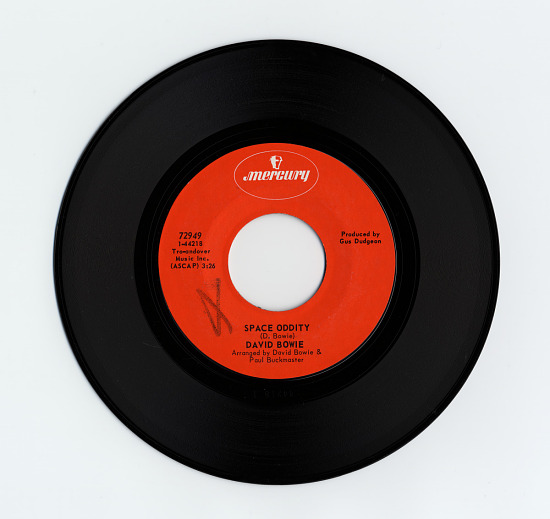“Game of Thrones”: The end of appointment television
Seventy years ago, close to 40 million Americans tuned in weekly to watch Lucy Ricardo’s antics on what some would call a feminist manifesto and others a corny sitcom.
Almost 40 years later, comedian Jerry Seinfeld changed TV culture and captivated audiences weekly. Ten years after that, Seinfeld racked up over 75 million viewers for its final episode.
These shows are not only era defining in retrospect, they were national — maybe even international — landmarks whose cultural importance was recognized in real time as they aired; over 75 million Americans shared the memory of hearing Seinfeld’s funkadelic opening jingle for the last time.
When collective memory is discussed, Pearl Harbor and 9/11 are go-to examples. Hallmark TV shows are a rare example of positive cherished memories that generations of people share.
That said, on May 19, 2019, the eight season HBO epic, “Game of Thrones” aired its final episode. Sadly, the show’s conclusion marks the end of an era, and perhaps the end of appointment based TV as a whole.
In 2011, when “Game of Thrones” first aired, Netflix was approaching 25 million customers (158 million currently), Hulu was close to its first million (25 million currently), and Apple Music was a twinkle, four years in Apple’s future (56 million currently); When “Game of Thrones” first aired, streaming wasn’t popular.
“Game of Thrones” was lucky to have established itself as a juggernaut before waves of Netflix Original movies and throwback shows were released to be watched on demand. It is now common practice for shows to release whole seasons at a time, many lacking any live TV premier at all.
This means that it’s nearly impossible for fans of certain shows to all be in the same place. The result is a lack of conversation on social media and in the news because it’s nearly impossible to discuss a scene, theme or character without spoiling the show for half of viewers, and boring the other half who finished the show the day it came out.
Spoiler culture is an additional development that goes hand in hand with the boom of streaming. Social media platforms like Reddit and 4chan have placed bans and censorships on posts that spoil shows and movies. What is essentially a first amendment violation is considered necessary by many and is accepted by almost all users.
Another problem that arises from everyone being able to access whole shows or whole seasons is that people who work more hours, have more responsibilities or can’t prioritize a show or movie over their duties are much more likely to have a show ruined for them. What appointment TV did was ration content; it hinged on the idea that people could afford to set aside an hour a week to sit down and watch their favorite shows. Nowadays for everyone to be “caught up” they would have to watch hours upon hours of a show as soon as it was released.

Jordan De Padova is a senior who splits his time between both Pioneer and Community High School. He is a Managing editor going into his third year on staff who loves to listen to, talk about, and write about music. Jordan owns 4 pairs of white Reebok shoes and is most proud of his position as “Line Leader” in Mrs. Gerhart’s 5th grade class. In the future he hopes to scuba dive and produce a Billboard Hot 100 song, but as of right now he’s enjoying Mock Trial and giving free rides.








